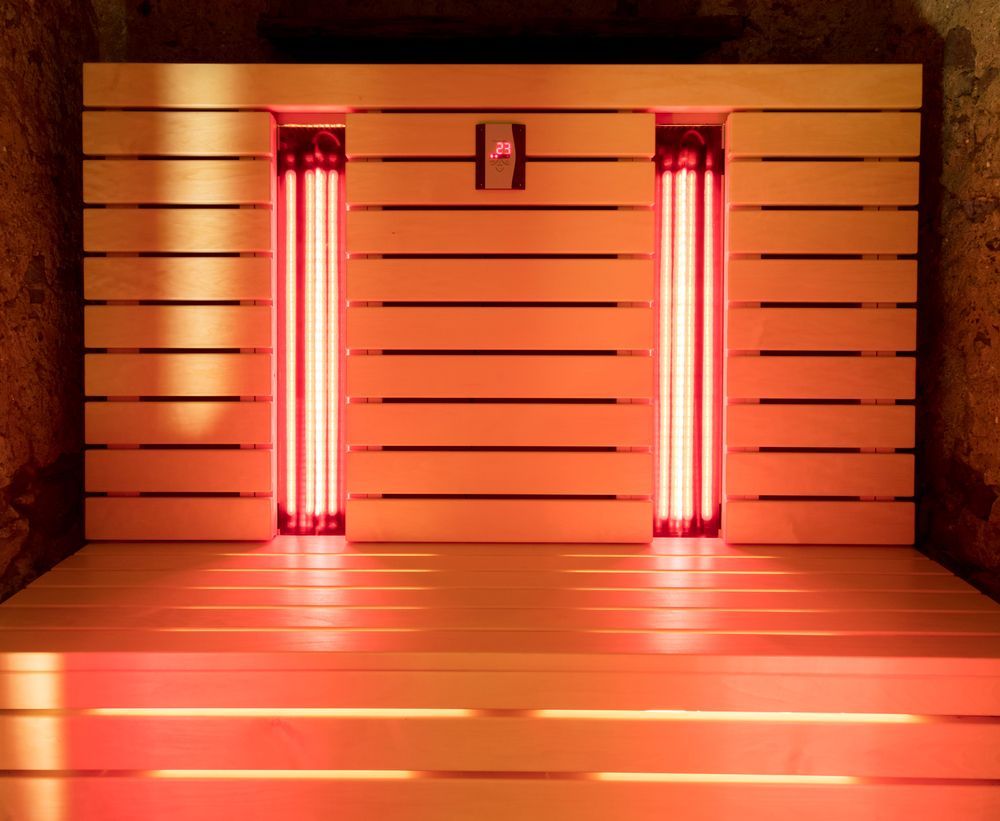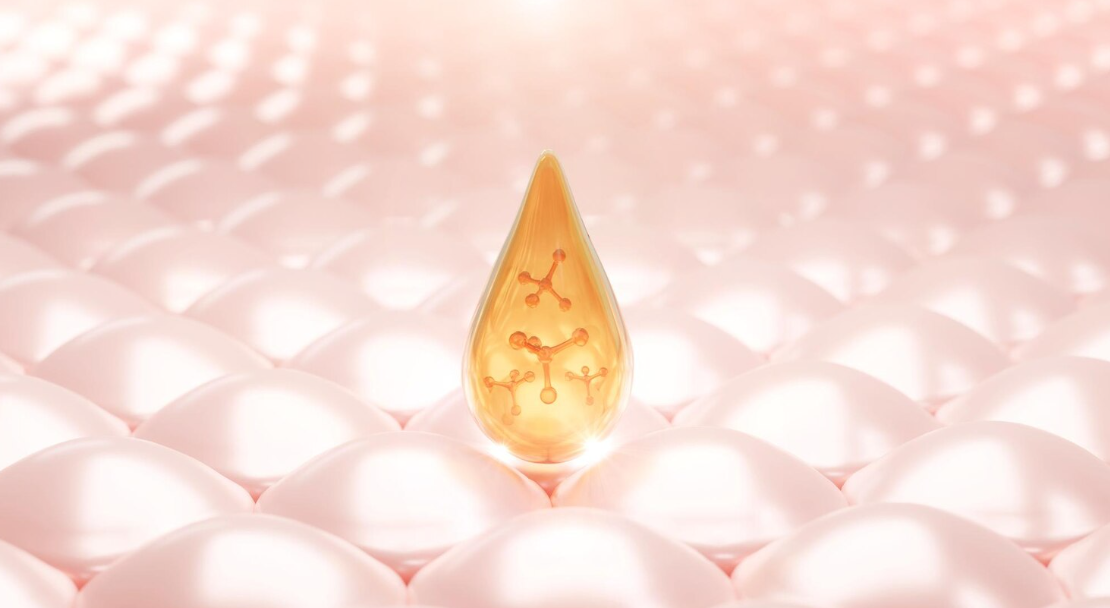
Navigation links
Free Consultation
It's important to know that you are not alone. Get help with depression today!
TMS THERAPY SUPPORTS MENTAL WELLNESS
- Depression
- Lack of Joy
- Sadness and Despair
- Low Mood
- Lethargy
- Insomnia
- Oversleeping
- Social Isolation
- Self-Harm
- Substance Abuse
- Suicidal Ideation
- Alcoholism
In the wellness and health industry, the infrared sauna has emerged as a beacon of hope for many seeking alternative methods to improve their health and well-being. Unlike traditional spa saunas that heat the air around you, an infrared sauna uses infrared electromagnetic radiation to warm your body directly. This direct heating method allows for deeper tissue penetration, which in turn offers a myriad of health benefits. But who exactly can benefit from an infrared sauna? Find out below if you, too, can reap the rewards from this innovative wellness tool.
People Seeking Enhanced Detoxification
In today's world, we are constantly exposed to toxins, whether it be from the food we eat, the air we breathe, or even the products we use. The increased production of sweat in an infrared sauna can help the body release these accumulated toxins more efficiently than traditional sweating methods. This process of enhanced detoxification is beneficial for anyone wanting to reduce their body's toxin load, leading to improved overall health and vitality.
Athletes and Physical Fitness Enthusiasts
Recovery is a critical aspect of any athlete's training regime. Infrared saunas can significantly benefit those engaged in physical activities by promoting muscle relaxation, reducing soreness, and accelerating recovery times. Infrared saunas may help alleviate muscle tension and increase circulation, providing an optimal environment for the body's repair process. Whether you are a fitness enthusiast or a professional athlete, incorporating an infrared sauna session into your recovery routine can potentially boost your performance levels.
Individuals With Chronic Pain
Heat therapy from an infrared sauna may potentially work wonders for those suffering from musculoskeletal pain or conditions such as arthritis, fibromyalgia, and lower back pain. By increasing blood flow and reducing inflammation, infrared saunas offer a natural pain relief method, allowing individuals to find solace and potentially reduce their reliance on pain medication.
People Looking to Boost Their Immune System
The mild hyperthermia (increased body temperature) induced by an infrared sauna can simulate the benefits of a fever without the discomfort. This controlled increase in body temperature can help strengthen the immune system by stimulating the production of white blood cells and antibodies that help to fight off viruses. Regular sessions can even potentially serve as a preventive measure, helping the body fend off illnesses more effectively.
Those Aiming for Weight Loss
While an infrared sauna isn't a magic solution for weight loss, it can complement existing efforts. The heat generated can increase heart rate and metabolic rate, similar to the effects of moderate exercise. In combination with regular physical activity and healthy nutrition, infrared sauna sessions can potentially aid in weight loss by helping to burn additional calories.
Skin Health Enthusiasts
The benefits of an infrared sauna extend to the largest organ of the body—the skin. By promoting perspiration, it helps to unclog pores and flush out impurities, which can lead to clearer, healthier-looking skin. Additionally, the increased circulation can bring more nutrients to the skin, potentially enhancing its elasticity and appearance.
Where to Find an Infrared Sauna in Gilbert, AZ
From athletes looking to improve recovery times to individuals seeking natural methods to alleviate chronic pain or enhance detoxification, the infrared sauna stands out as a versatile and powerful wellness tool for many applications.
At
Unchained Wellness Clinic, we encourage anyone looking to elevate their health regimen to consider the numerous advantages an infrared sauna can provide. Visit our wellness center or
contact us today at (480) 536-9473 to see if this therapy is right for you.



